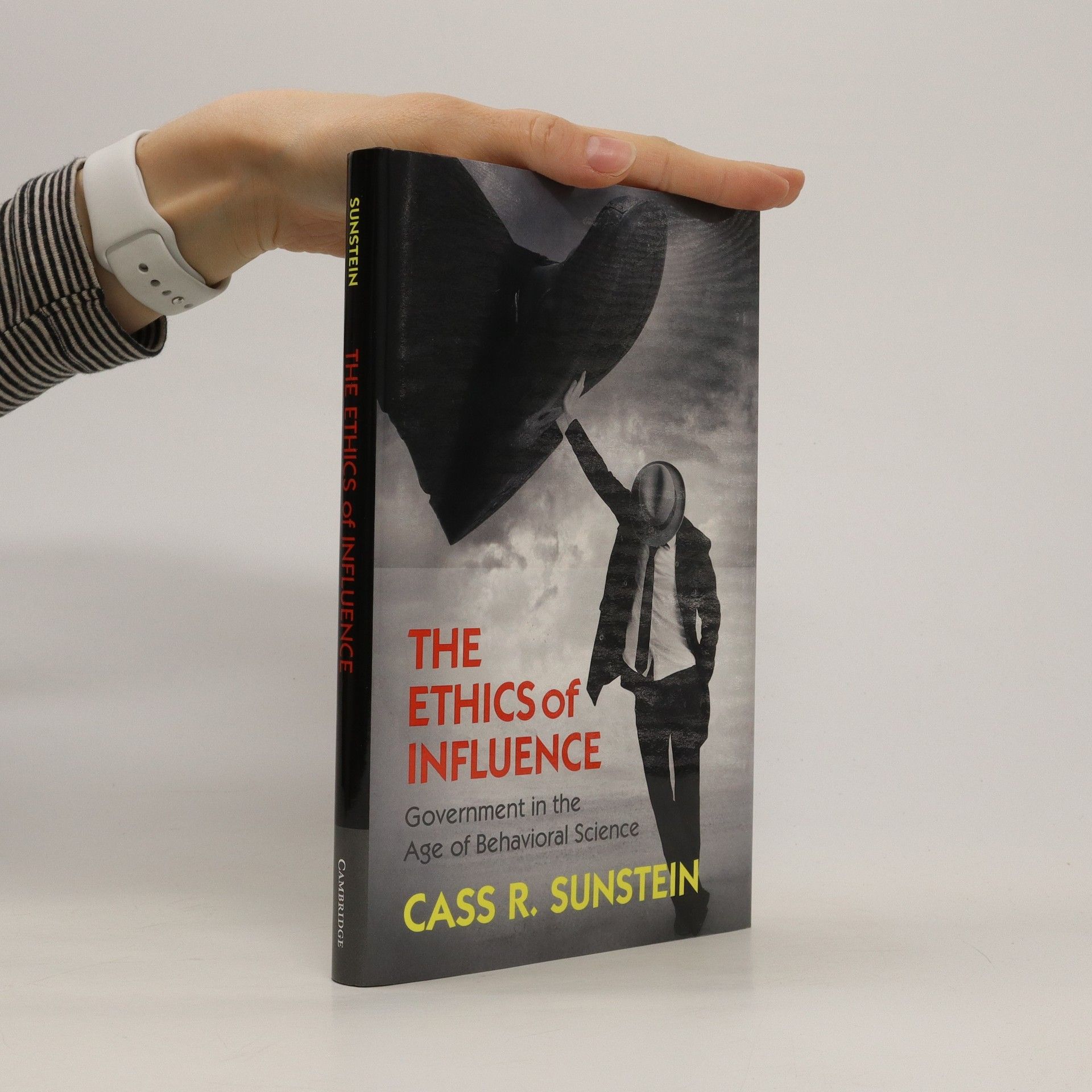Articulates Adam Smith's model of human sociality, illustrated in experimental economic games that relate easily to business and everyday life. Shows how to re-humanize the study of economics in the twenty-first century by integrating Adam Smith's two great books into contemporary empirical analysis.
Cambridge Studies in Economics, Choice, and Society Serie
Questa serie interdisciplinare promuove ricerca teorica ed empirica originale, nonché sintesi integrative che collegano scelte individuali, istituzioni e risultati sociali. Sono benvenuti contributi provenienti dalle scienze sociali, in particolare dove l'analisi economica si interseca con altre discipline. Approfondisce la complessa interazione tra comportamento umano, strutture sociali e benessere collettivo, offrendo nuove prospettive sui fenomeni economici e sociali.






Using evidence and arguments from neuroscience and evolutionary psychology, Morris B. Hoffman traces the development of deeply held legal principles throughout human evolution, describing how the drives to punish and forgive became codified into our legal system, and the responsibility for punishing and forgiving assigned to a judge and jury.
Expert Failure
- 290pagine
- 11 ore di lettura
Roger Koppl develops a theory of experts and expert failure, and illustrates his theory with wide-ranging examples, including that of state regulation of economic activity.
Rulers, Religion, and Riches
- 296pagine
- 11 ore di lettura
This book seeks to explain the political and religious factors leading to the economic reversal of fortunes between Europe and the Middle East.
The Ethics of Influence
- 234pagine
- 9 ore di lettura
In The Ethics of Influence, Cass R. Sunstein investigates the ethical issues surrounding government nudges, choice architecture, and mandates.
Political Capitalism
- 304pagine
- 11 ore di lettura
Explains why government policies favor elites over the masses, building on well-established theories from the social sciences.
Using rational choice theory, the book delves into the advantages of self-governance, highlighting how individuals can effectively manage their own affairs in the absence of centralized authority. Peter T. Leeson examines various historical and contemporary examples to illustrate the benefits of anarchic systems, challenging conventional views on governance and authority. Through insightful analysis, he argues for the potential of decentralized decision-making to foster cooperation and social order.
Persecution and Toleration
- 370pagine
- 13 ore di lettura
The emergence of religious liberty in the West is one of the most important developments in modern history. This book treats the subject in an integrative way, borrowing tools from economics, history, and political science. Researchers in fields across the humanities and social sciences will find it a valuable resource.
Out of Poverty
- 198pagine
- 7 ore di lettura
The book delves into the controversial role of sweatshops in economic development, arguing that they offer vital opportunities for workers. It examines how these labor environments can contribute to personal and societal growth, challenging common perceptions about their impact on workers' lives and the broader economy. Through detailed analysis, it highlights the complexities of labor conditions and the potential benefits that can arise from such employment settings.
Escaping Paternalism
- 506pagine
- 18 ore di lettura
This book carefully dissects the claims of nudge theory and other forms of paternalism based on behavioral economics. The authors reveal how paternalist normative standards are unjustified and why paternalist policymaking is unlikely to produce desirable results, arguing instead for a more inclusive theory of rationality in economic policymaking.
Munger brings a fresh perspective on the 'sharing economy' in clear and engaging writing that is accessible to both general and specialist readers. He predicts that smartphones will be used to commodify excess capacity, and reaches the controversial conclusion that a basic income will be required as a consequence of this new 'transaction costs revolution'.